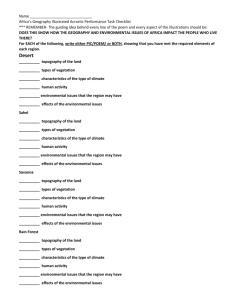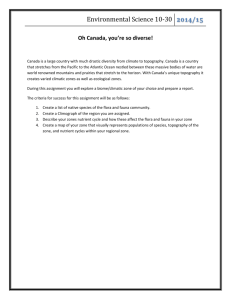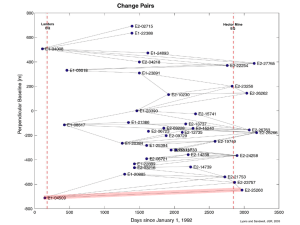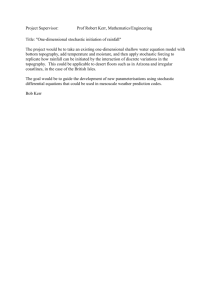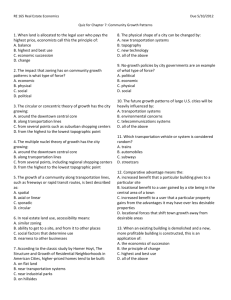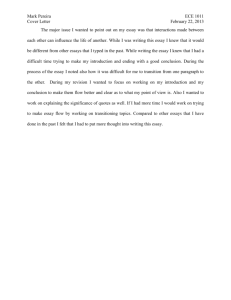English Notes December 9, 2014 Test Preparation Sanity/Insanity
advertisement
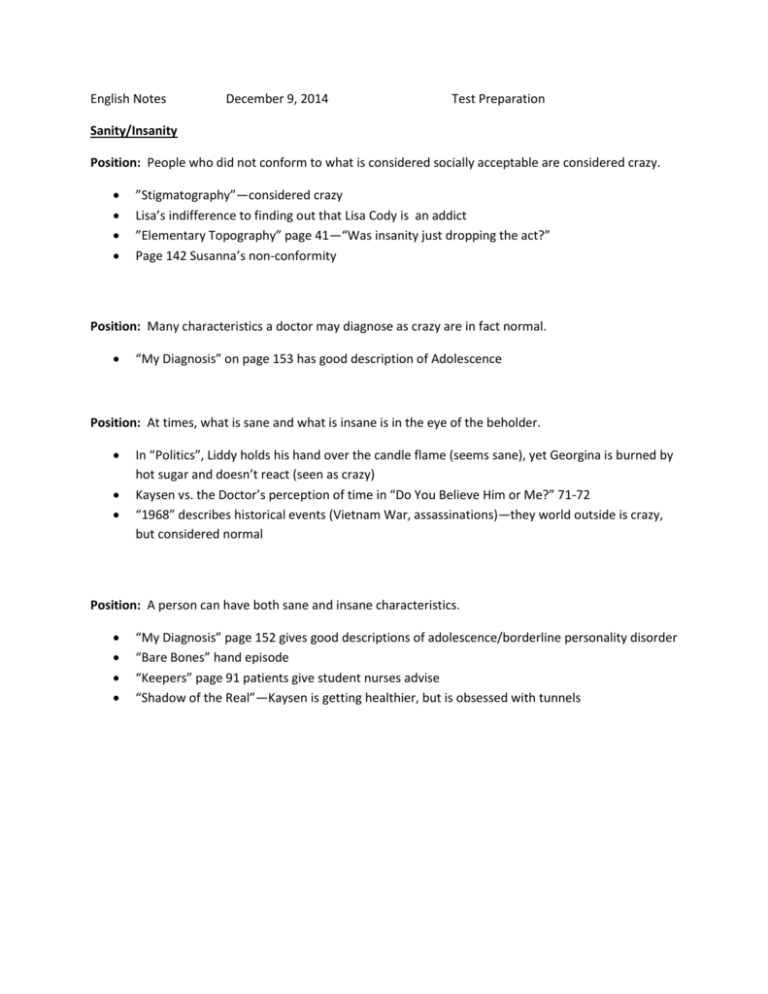
English Notes December 9, 2014 Test Preparation Sanity/Insanity Position: People who did not conform to what is considered socially acceptable are considered crazy. ”Stigmatography”—considered crazy Lisa’s indifference to finding out that Lisa Cody is an addict ”Elementary Topography” page 41—“Was insanity just dropping the act?” Page 142 Susanna’s non-conformity Position: Many characteristics a doctor may diagnose as crazy are in fact normal. “My Diagnosis” on page 153 has good description of Adolescence Position: At times, what is sane and what is insane is in the eye of the beholder. In “Politics”, Liddy holds his hand over the candle flame (seems sane), yet Georgina is burned by hot sugar and doesn’t react (seen as crazy) Kaysen vs. the Doctor’s perception of time in “Do You Believe Him or Me?” 71-72 “1968” describes historical events (Vietnam War, assassinations)—they world outside is crazy, but considered normal Position: A person can have both sane and insane characteristics. “My Diagnosis” page 152 gives good descriptions of adolescence/borderline personality disorder “Bare Bones” hand episode “Keepers” page 91 patients give student nurses advise “Shadow of the Real”—Kaysen is getting healthier, but is obsessed with tunnels Sexism Position: In the 1960s, women didn’t have the power they do today. Position: Regardless of a woman’s mental state, she is still subject to sexism. Position: If women do not follow society’s sexist duties they were considered insane. Examples to fit the positions: Consider the chapter “My Diagnosis” and the bias towards females (Pages 157-158) Diagnosis for promiscuity different from men vs. women Double standard—diseases more commonly diagnosed in women (Page 157) Page 156 acceptable to join WAC (Women’s Army Corp) “New Frontiers in Dental Health” (Pages 131-133)—no miniskirts, no smoking Therapist suggest that Kaysen should be a dental assistant, not a writer “Topography of the Future” 134-136 –she could be let out of the mental hospital by getting married Document on page 145—“…she is able to achieve a satisfactory dependent relationship…” (She could be someone’s wife—dependent, not independent) Freedom/Independence: Position 1: Susanna is independent throughout the book, but has very little freedom. Position 2: To gain the freedom and independence women need they need to transcend the constraints of the time period. Position 3: Susanna’s expectation of freedom outside of the hospital was different from what she imagined. Position 4: Freedom and independence is taken from the girls by the hospital and again after they enter the real world. “Checks” 54-55 “Prelude to Ice Cream”—who needs to accompany the girls just to get ice cream “The Shadow of the Real” “Keepers” “New Frontiers in Dental Health” (131-133) “The Secret of Life” “Checkmate” 65-67—incident with boyfriend “Applied Topography” 47 --“Freedom was the price of privacy.” “Topography of the Future” “Freedom”—Lisa runs away “New Frontiers in Dental Health” (131-133) “New Frontiers in Dental Health” (131-133) Inability to smoke at work—even though male superiors could “Stigmatography” page 124 “Checkmate” 65-67—incident with boyfriend “Security Screen” “Checks” 54-55 “New Frontiers in Dental Health” (131-133) “Stigmatography” page 124 “Bare Bones” “Applied Topography” 47 --“Freedom was the price of privacy.” “Sharps” 56-57—can’t shave her legs without permission since sharp objects are taken away Identity Position 1: It is hard to find your identity when you are 18 and in a mental hospital. Position 2: It’s up to the individual to establish his/her identity in opposition to society’s view of him/her. “My Diagnosis” 154-155—examples of nonconformity “Elementary Topography” page 42 “My ambition was to negate. The world, whether dense or hollow, provoked only my negations” (42). “Fire”—by setting yourself on fire the world will never view you the same way “My Suicide” page 37—didn’t want to kill herself, but rather kill part of herself “Topography of the Future” 134-136—pushed a love interest away, didn’t want to get married “Security Screen” vs. “Farther on Down the Road” shows Lisa before and after becoming a mom “My Diagnosis” 154-155—examples of nonconformity “Elementary Topography” page 42 “My ambition was to negate. The world, whether dense or hollow, provoked only my negations” (42). “Fire”—by setting yourself on fire the world will never view you the same way “My Suicide” page 37—didn’t want to kill herself, but rather kill part of herself “Topography of the Future” 134-136—pushed a love interest away, didn’t want to get married “Security Screen” vs. “Farther on Down the Road” shows Lisa before and after becoming a mom
